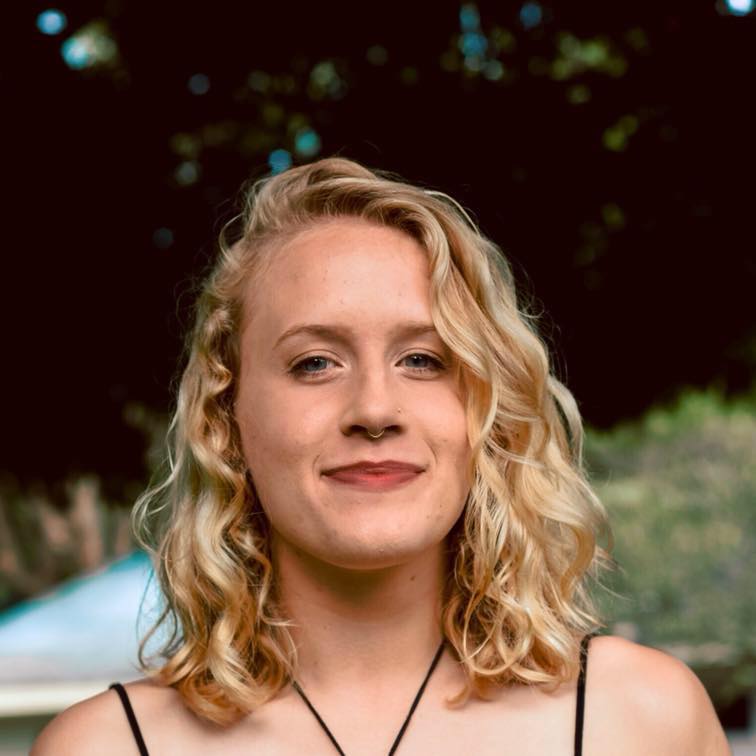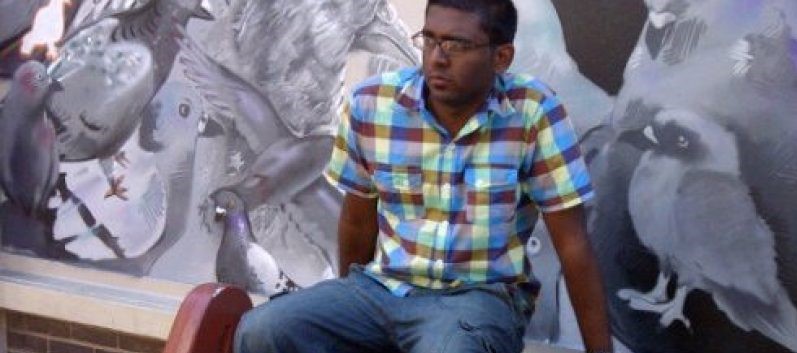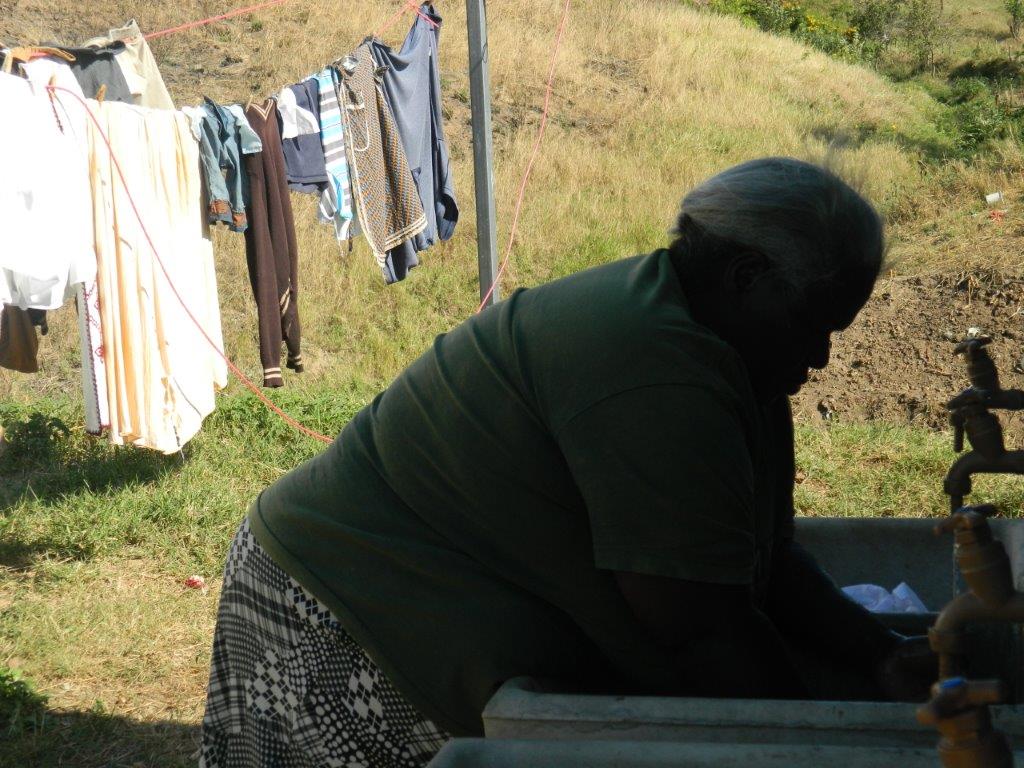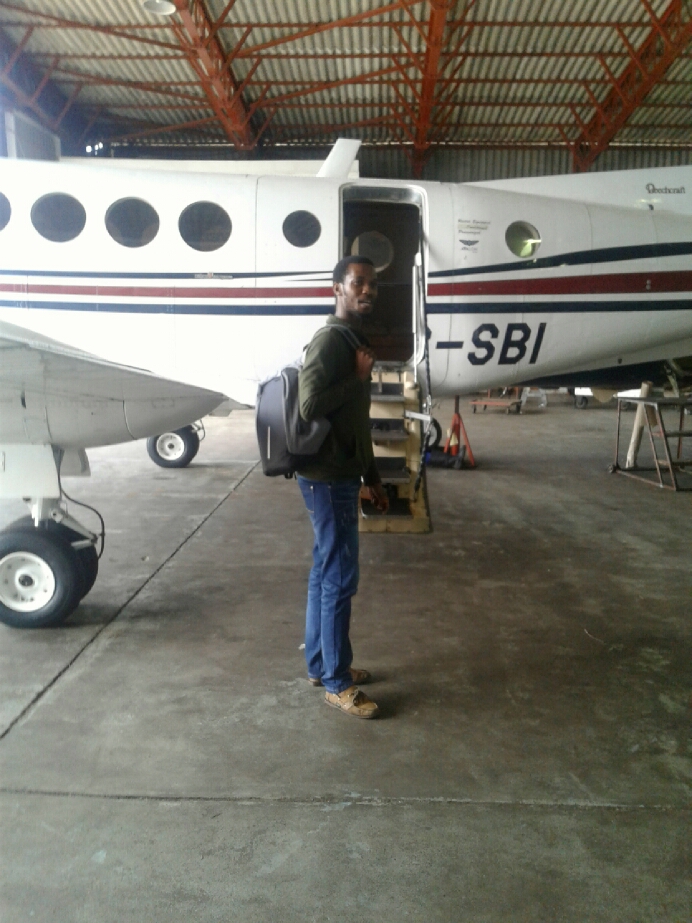Not all journalism students are lucky enough to get a front page byline and a private, in-person interview with the National Geographic Storytelling Grants Program Officer on their first internship.
Internships in journalism are so competitive in the United States, that finding an unpaid one doesn’t ensure that you will actually grow as a writer and as a critical thinker. These “fetching coffee” internships don’t send writers out ready to write on their own; after going through Roving Reporters training programme, I feel that I have the skill to write on my own.
However, all writers have editors. We are a team, and the team at Roving Reporters needs each individual to keep moving forward. As an English literature and environmental science student, my experience has been almost exclusively in science journalism. With Roving Reporters, I learned about real-world field journalism: investigating, profiling, feature writing, narrative writing, newsroom editing, last minute fact-checking, and so much more. Straddling both environmental and critical social and justice journalism in a country with immense natural beauty and a crazy-complex history and government is eye opening in itself, coming from liberal bubble like Berkeley, CA. Just by traveling abroad to a country like South Africa you learn new things every day; Roving Reporters helps you turn those discoveries into a story that everyone can learn from.
- Izze Siemann, a McGill University environmental science and English literature honours student, served a two month internship with Roving Reporters from June to early August 2018.












